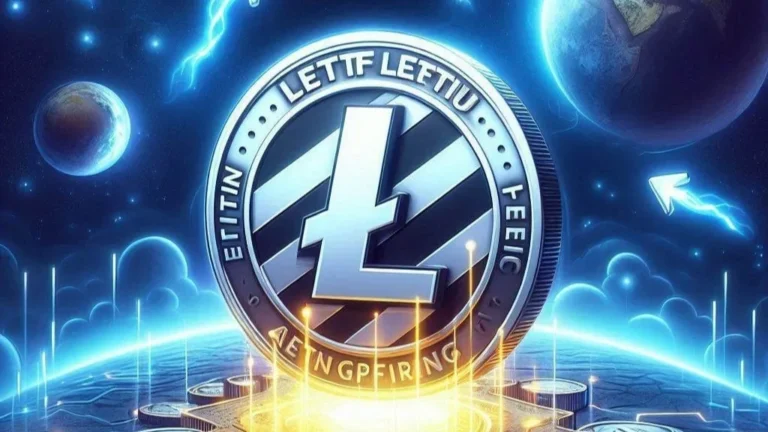In a bold move that could reshape the cryptocurrency landscape, Canary Capital has filed for a spot Solana Exchange-Traded Fund (ETF) with the U.S. Securities and Exchange Commission (SEC). This step is part of a broader trend where investment firms are racing to gain regulatory approval for crypto ETFs, a vital development in the financial world.
Understanding the ETF Filing
- What is an ETF?
An ETF, or Exchange-Traded Fund, is a type of investment fund that holds a collection of assets, like stocks or cryptocurrencies. It trades on stock exchanges, allowing investors to buy shares of the fund just like they would a stock. By filing for a spot Solana ETF, Canary Capital aims to create a fund that provides investors with direct exposure to the price of Solana (SOL), one of the most popular cryptocurrencies. - Why Solana?
Solana has gained significant attention due to its strong decentralized finance (DeFi) ecosystem. DeFi refers to financial services using blockchain technology without traditional intermediaries like banks. The firm pointed out that Solana boasts impressive metrics, such as high daily transactions and a growing number of active users, all while maintaining low fees for consumers. These factors suggest that Solana is not just surviving but thriving, making it an attractive asset for investors.
Key Players in the Space
- Canary Capital: Founded by Steven McClurg, who previously established Valkyrie Funds (known for other crypto ETFs), Canary is positioning itself as a serious player in the crypto investment sector.
- VanEck: Another significant firm that filed for a Solana ETF earlier this year, VanEck has stated that SOL functions similarly to Bitcoin and Ethereum, reinforcing its legitimacy as an investment asset.
The Regulatory Landscape
The SEC plays a crucial role in approving these ETF filings. Earlier this year, they approved several spot Bitcoin and Ethereum ETFs, marking a shift in their stance towards crypto investments. However, they had classified SOL as a security when they charged Binance, which complicates its approval process. This dichotomy highlights the ongoing debate within the regulatory framework about what constitutes a security versus a commodity in the crypto space.
Why Does This Matter?
- Investment Opportunities:
For investors, the approval of a Solana ETF could open up new avenues for gaining exposure to the cryptocurrency market without needing to directly purchase and manage Solana tokens. This is significant for both seasoned investors and newcomers. - Legitimizing Cryptocurrencies:
As more ETFs are approved, it helps legitimize cryptocurrencies in the eyes of traditional finance. This could lead to increased institutional investment, driving demand and potentially increasing the value of cryptocurrencies. - Knowledge is Power:
By following developments like the Solana ETF filing, you build your understanding of how cryptocurrencies fit into the larger financial ecosystem. This knowledge will empower you to make informed investment decisions in the future.
Conclusion
Canary Capital’s move to file for a spot Solana ETF represents a pivotal moment in the crypto world, reflecting growing interest and potential for cryptocurrencies in mainstream finance. As the regulatory landscape continues to evolve, staying informed about these developments will not only enhance your understanding of financial markets but also prepare you for a future where digital assets may play an integral role in investment strategies. Remember, the key terms here are ETF, Solana, DeFi, SEC, and cryptocurrency legitimacy—keep these in mind as you navigate this exciting field!



